
Lucrezia Reichlin
Lucrezia Reichlin is a Non-Resident Fellow at Bruegel and a Professor of Economics at the London Business School, a trustee of the Center of European Policy Research (CEPR) and of the International Financial Reporting Standards (IFRS). Lucrezia’s research is in applied time series, business cycle and macroeconomic policy. Her work at Bruegel will focus on monetary policy and fiscal policy in particular in Europe and on disclosure standards for climate related risks. She is an applied macroeconomist and econometrician, who has pioneered methods for forecasting with large datasets and for now-casting. She is a Fellow of the British Academy and of the Econometric Society and an honorary International Fellow of the American Economic Association. Reichlin was Director General of Research at the ECB from 2005 to 2008 and she co-founded Now-Casting Economics in 2011.
Lucrezia is a member of a few commercial boards and research institutes and advises central banks and governments on issues related to macroeconomy policy and the financial sector. In 2021 she was a member of the G20 high Level Independent Panel on financing the Global Commons for Pandemic Preparedness and Response and a panel member of the G7 Impact task force. She is a member of the French national productivity council.
Featured work

The Euro at 25: Fit for purpose?
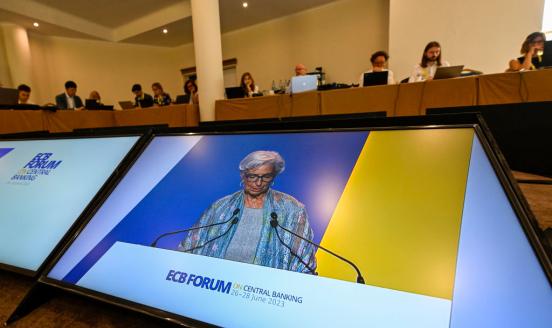
Can we claim victory over inflation?
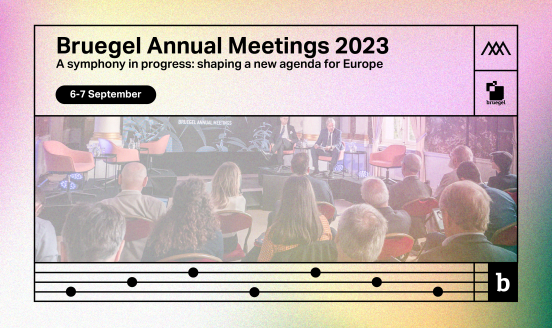
Bruegel Annual Meetings, 6-7 September 2023
A symphony in progress: shaping a new agenda for Europe

Corporate disclosure of sustainability risks: reconciling international and EU approaches
With parallel standards being developed in Europe and internationally, how can these approaches to sustainability reporting work together?
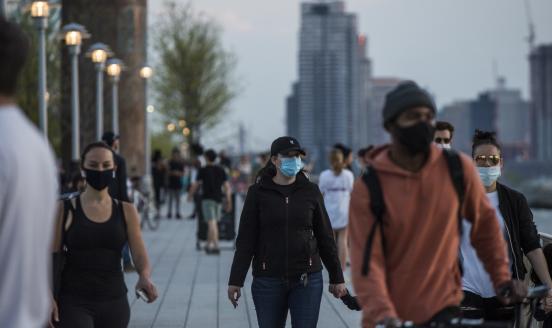
A Global Deal for Our Pandemic Age
Report of the G20 High Level Independent Panel on Financing the Global Commons for Pandemic Preparedness and Response.
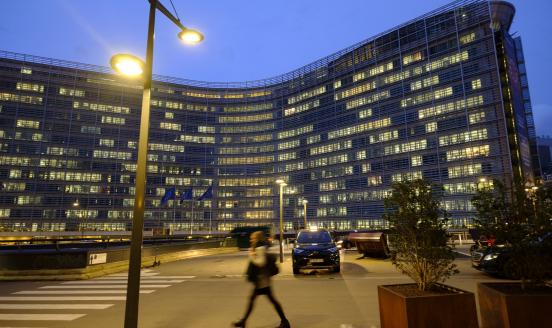
Urgent reform of the EU resolution framework is needed
In this blog, the authors argue that two aspects of the European resolution framework are particularly in need of reform – the bail-in regime and the

A European approach to fund the coronavirus cost is in the interest of all
We had not seen a common challenge as clear as this pandemic. The sum of national actions and programs is likely to be insufficient.
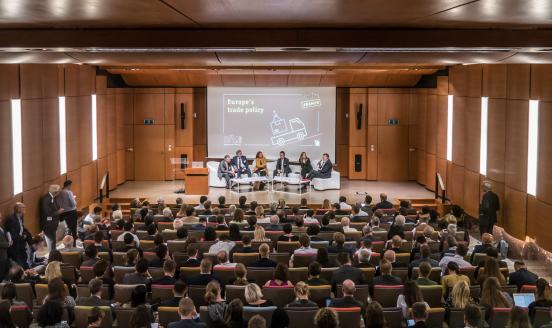
Bruegel Annual Meetings 2019, 4-5 September
The 2019 Annual Meetings featured the launch of Bruegel's memos to the new European Leadership, proposing how to deal with future policy challenges
Bruegel Annual Meetings 2019
Bruegel's 2019 Annual Meetings will be held on 4-5 September and feature the launch of Bruegel's Memos to the New European Commission.
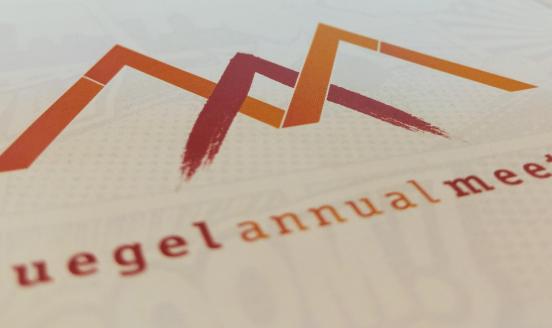
Bruegel Annual Meetings 2018
The 2018 Annual Meetings will be held on 3-4 September and will feature sessions on European and global economic governance, as well as finance, ener
Challenges for Europe and Germany: a view from the German Council of Economic Experts
What are the key challenges facing Europe's largest economy, and what will Germany's responses mean for the EU?